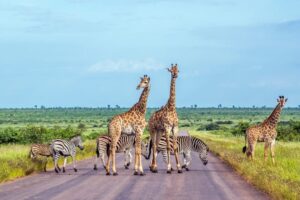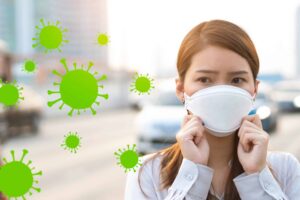Travel Vaccinations for Argentina
The huge South American country of Argentina includes the Andes mountains, lakes and grassland, where the famous Argentinian beef cattle graze. As the eighth largest country in the world, the weather and climate varies depending on your precise destination, so you’ll need to check the conditions before you travel. Some areas, such as the deserts of Cuyo, can be extremely cold during the summer, while others like the Andes or Patagonia are relatively cool in the summer and extremely cold in winter.
Make an online bookingTravel Health Information
Highly recommended
vaccinations for travelling here
Advisory
vaccinations for travelling here
Argentina is a popular country for adventure sports such as mountain climbing, skiing and trekking, due to its vast and varied terrain. Ensure your travel insurance is adequate for every activity you plan to undertake, pack suitable clothing and equipment and make sure you take part in activities run by a safety-conscious and reputable company. Be aware of the symptoms of altitude sickness, including headaches and lethargy as well as the more serious signs such as disorientation and heart palpitations. Take your time when ascending or descending to or from altitude to ensure you acclimatise properly and minimise the risk.
Healthcare facilities in Argentina are generally of a good standard, however you may be required to pay cash up front, even in an emergency, before receiving any treatment. It is considered safe to drink the tap water in the big cities of Argentina, but if you’re in any doubt do not take the risk, and stick to bottled water. You should always avoid tap water, or ensure it has been boiled or chemically disinfected, in rural areas. Take sensible precautions regarding all foods or drinks, and practise good personal hygiene to stay safe from food poisoning or other sickness bugs. Most of the non-vaccinated diseases which are prevalent in Argentina are carried by infected mosquitos and other insects, so avoid being bitten as much as possible.
Argentina is one of the safest South American countries for tourists, but as with anywhere, be vigilant about your personal safety, don’t carry valuables, and be aware of thieves and pickpockets in crowded areas.

Your nearest CityDoc clinic
Find a clinic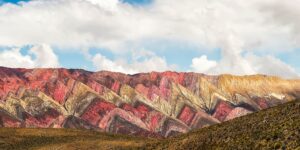
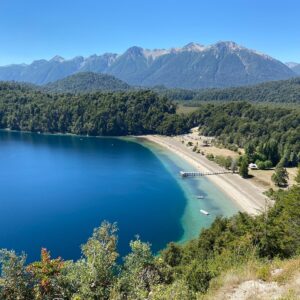
Destination Information for Argentina
From lush jungles and wild waterfalls to dry, arid deserts, mountains and rock formations, the landscape and terrain of Argentina is diverse. The capital, Buenos Aires, is on the edge of the large province of Argentina also known as Buenos Aires, on the East of the country. This is a large city, a metropolis of European-style architecture, with a Latin twist, thanks to Argentina’s Spanish history.
There’s plenty to see and do here, with each barrio, or neighbourhood, having a distinct individual character. If you’re heading to Argentina for the wildlife, there’s lots more in store than simply cattle ranches – from toucans and howler monkeys to penguins in the South Atlantic Ocean, this is a country with a rich and varied offering of incredible sights.
You’ll have plenty of options when it comes to accommodation, from hostels and guesthouses to boutique 5-star hotels. For a relaxing and authentic experience, stay in a finca, or farm lodge, and make the most of the excellent services of the many tour operators in Argentina, who can help you explore and discover the best highlights of what this fascinating country has to offer.
Whether you are scaling the Andes or exploring Buenos Aires, it is recommended you receive the Tetanus vaccine and consider hepatitis A & B, Typhoid and Rabies vaccines before travelling. Due to the size of the country, additional vaccines may be required, depending on which area of Argentina you are visiting. In order to ensure you are protected, book a consultation with one of our nurses to get all the information you need.
Infections and Outbreaks frequently change from country to country and by attending our clinics you will be given the most up to date clinical and safety advice from our team of specialists. Our advice to you often includes aspects such as:
- Food and water hygiene
- Insect and animal bite avoidances
- Personal safety
- Sexually transmitted infections
- Sun protection
- Altitude sickness
Travel news
Helpful travel news, tips and advice for travelling around the world

Water Hygiene While Travelling: What You Need to Know
Get the facts straight: Common myths about water hygiene while travelling debunked here.
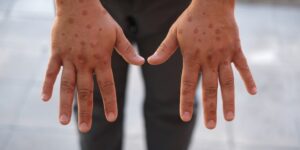
Mpox- How dangerous is it?
With the recent WHO announcement regarding the outbreak of Mpox in Africa there has been a concern of its transmission to other countries.
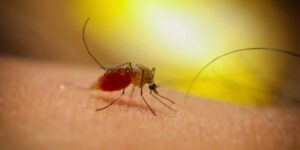
Pregnancy and Malaria
A malaria infection can cause complications during the pregnancy to mother and the baby.
For the latest government travel advice
For anyone planning to travel abroad we recommend visiting the following government website for all the latest travel guidance and advice.
Travel health enquiries
For all travel health enquiries, simply contact us below.
